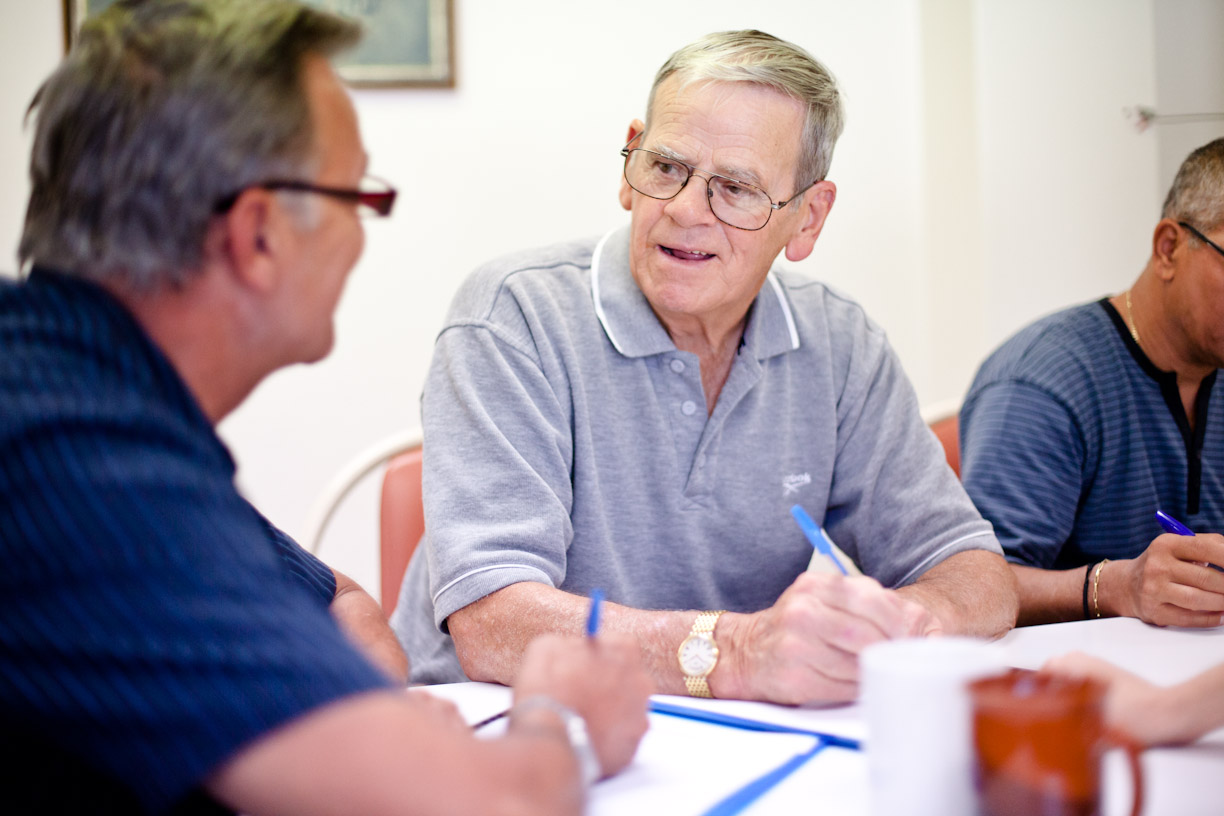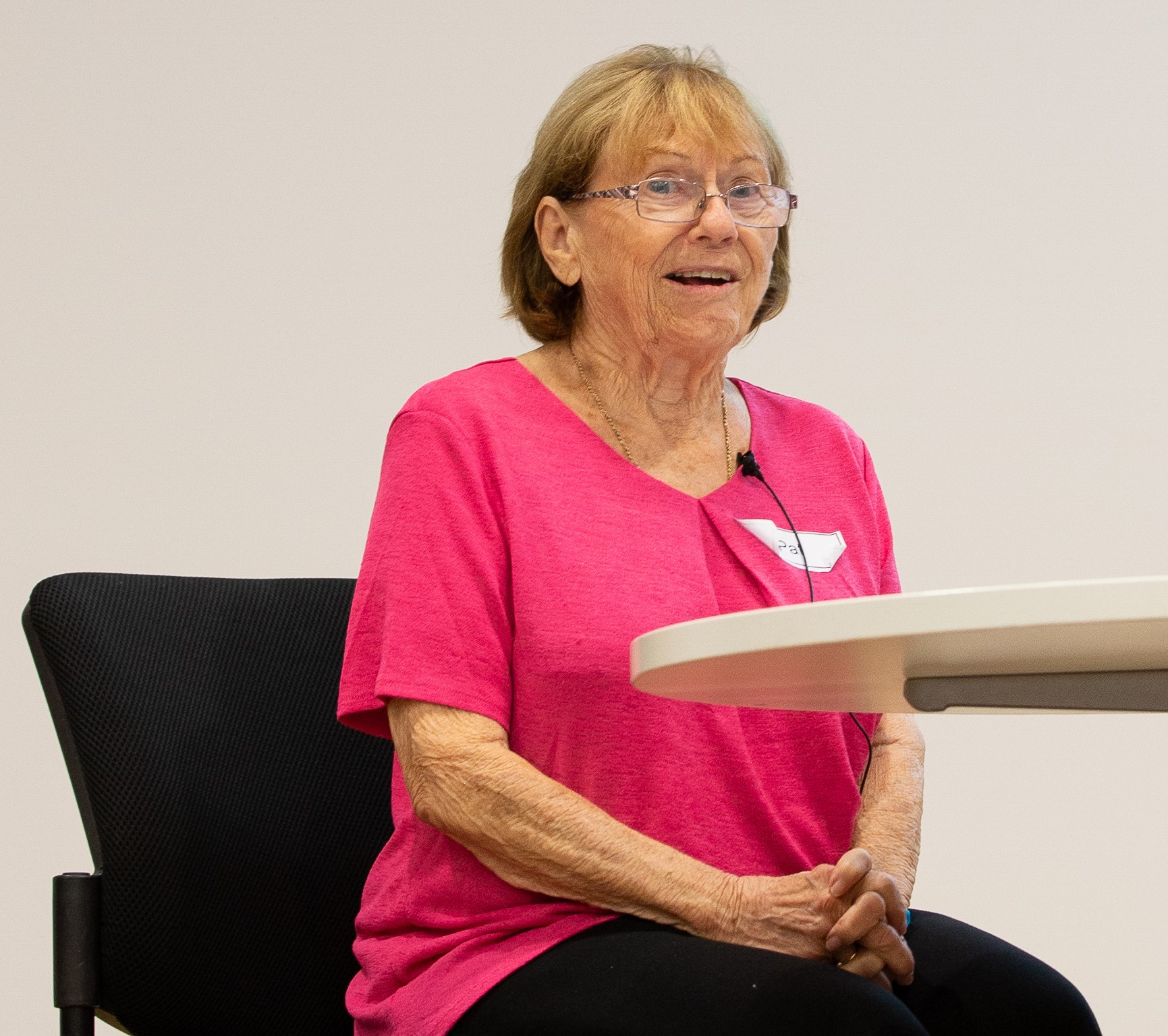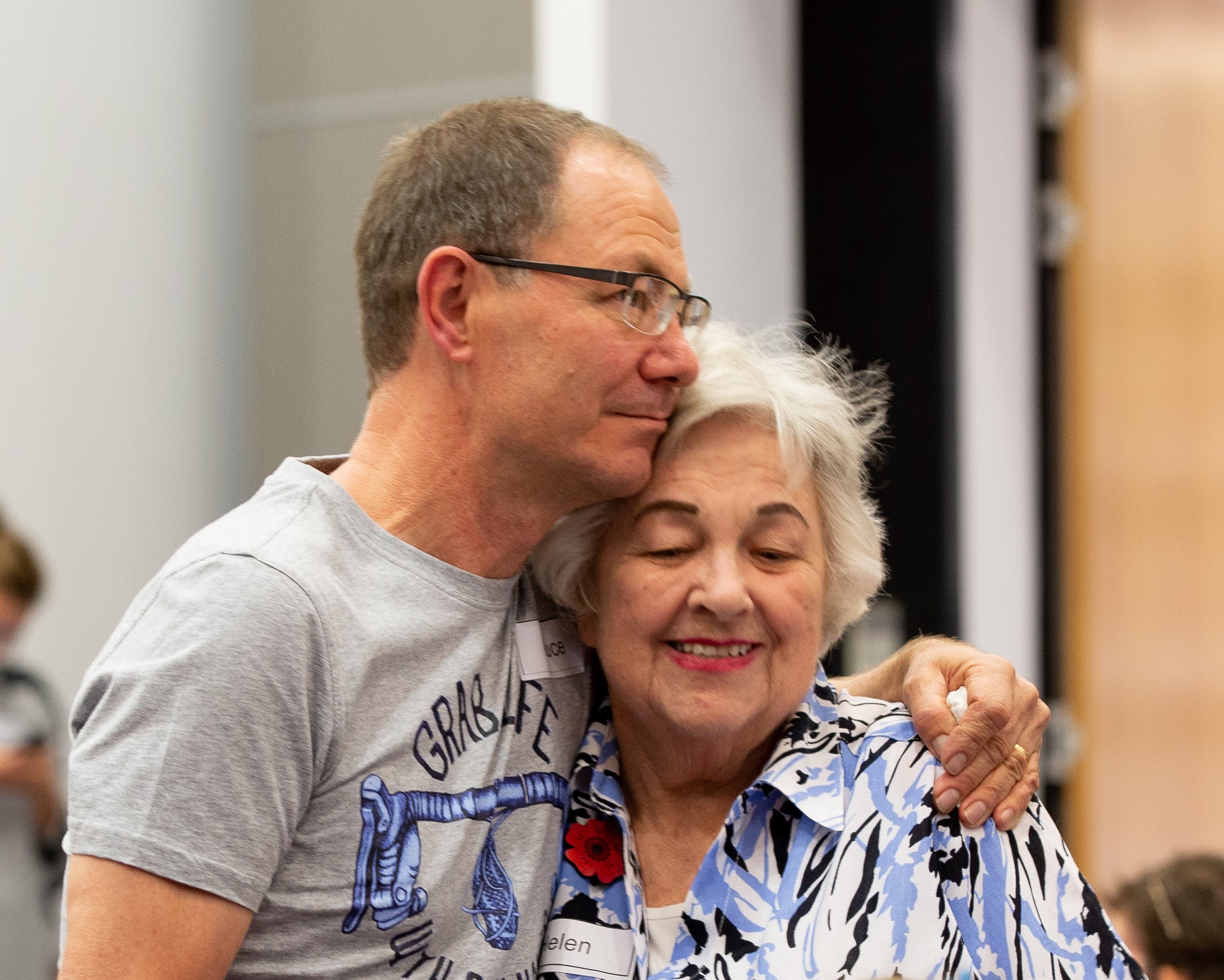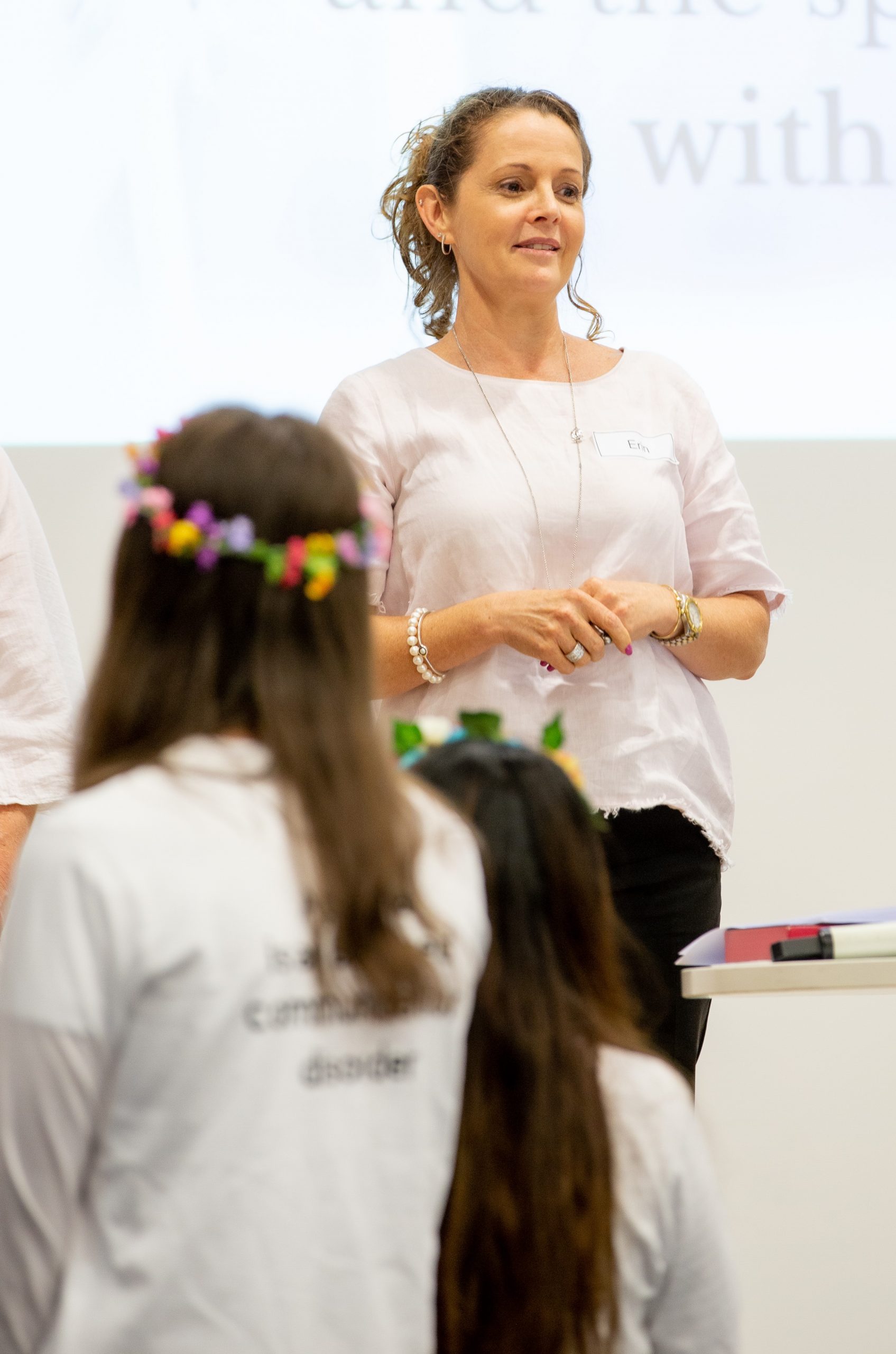Aphasia [a-fay-shuh] is a difficulty producing or understanding language after a brain injury. Most commonly this is after a stroke. Aphasia affects how a person can communicate with others and it can affect up to one in three people after a stroke. Aphasia can also occur with events that affect the areas of the brain that are important for language. These may include a brain tumour, head injury or degenerative disease.
Aphasia may cause difficulty speaking, understanding language, reading or writing. Many everyday activities can be difficult for a person with aphasia. These can include:
- Expressing thoughts to loved ones
- Writing a text message
- Making a phone call, including for emergencies
- Paying bills
- Talking to a doctor
- Ordering food
- Following maps
- Watching a movie
- Browsing the internet
Aphasia is not an intellectual impairment. A person with aphasia can still think in the same way. Aphasia can make it difficult for a person to express their thoughts. It can vary in severity from occasional difficulty finding words to not being able to produce any speech at all. Aphasia will affect people in different ways. This means that no two people will have the same experience of aphasia.
There are different types of aphasia. The National Aphasia Association (USA) has a description of the different types of aphasia (https://www.aphasia.org/aphasia-definitions/)
For a video explaining aphasia please watch this: (https://youtu.be/zjkgSCIXo3k).






